The Finger Lakes region is chock-full of rich history and culture.
In this series I’m sharing with you all the firsts, important historical events, notable individuals, world records, and occasional quirky roadside attractions I come across in my explorations, organized by county.
Here are some fun facts about Seneca County. For random facts about the other 13 Finger Lakes counties, check here: Cayuga, Chemung, Cortland, Livingston, Monroe, Onondaga, Ontario, Schuyler, Steuben, Tioga, Tompkins, Wayne, Yates.
I know I’m only scratching the surface of all the cool things to know, so please tell me interesting facts to add! You can comment below or send me a message.
And make sure you subscribe to the Finger Lakes Family Fun email list or follow on Instagram, where I’ll be sharing my latest discoveries.
Seneca County Basic Facts
Population: 33,814
County seat: Waterloo (split with Ovid)
Origin of name: Seneca people (“Great Hill People”), part of the Haudenosaunee
Tourism site: discoverseneca.com
Fayette (Waterloo)
Whitmer Farm
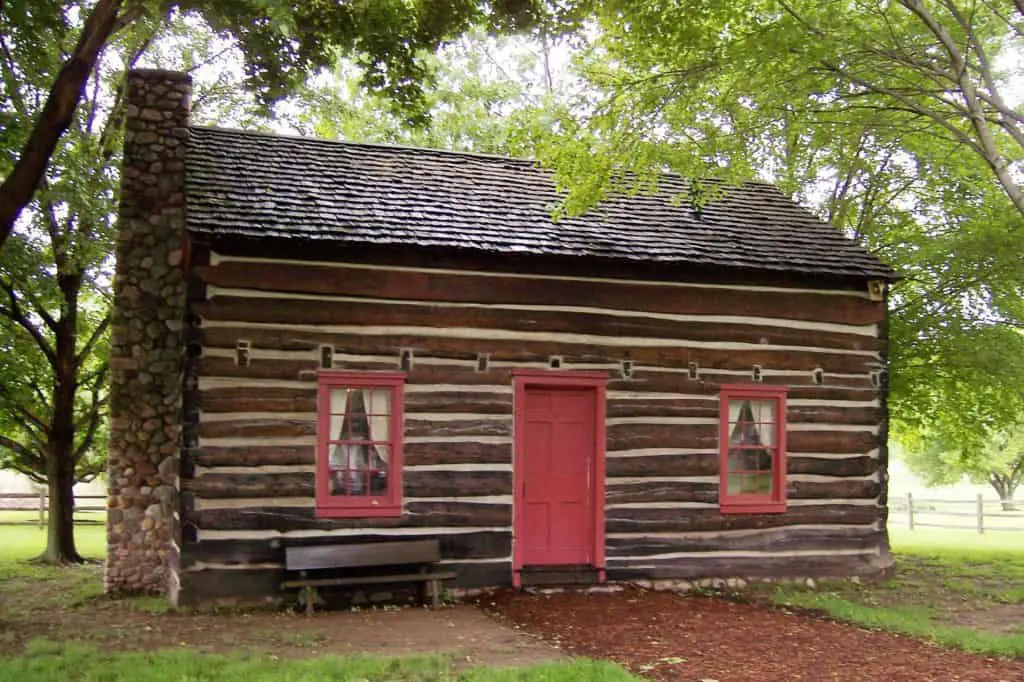
The Church of Latter Day Saints was organized by about 55 people at Whitmer Farm in 1830. This is also where the Three Witnesses are said to have been shown the golden plates by the Angel Moroni in 1829, from which Joseph Smith translated the Book of Mormon.
Seneca Army Depot (Romulus/Varick)
White deer
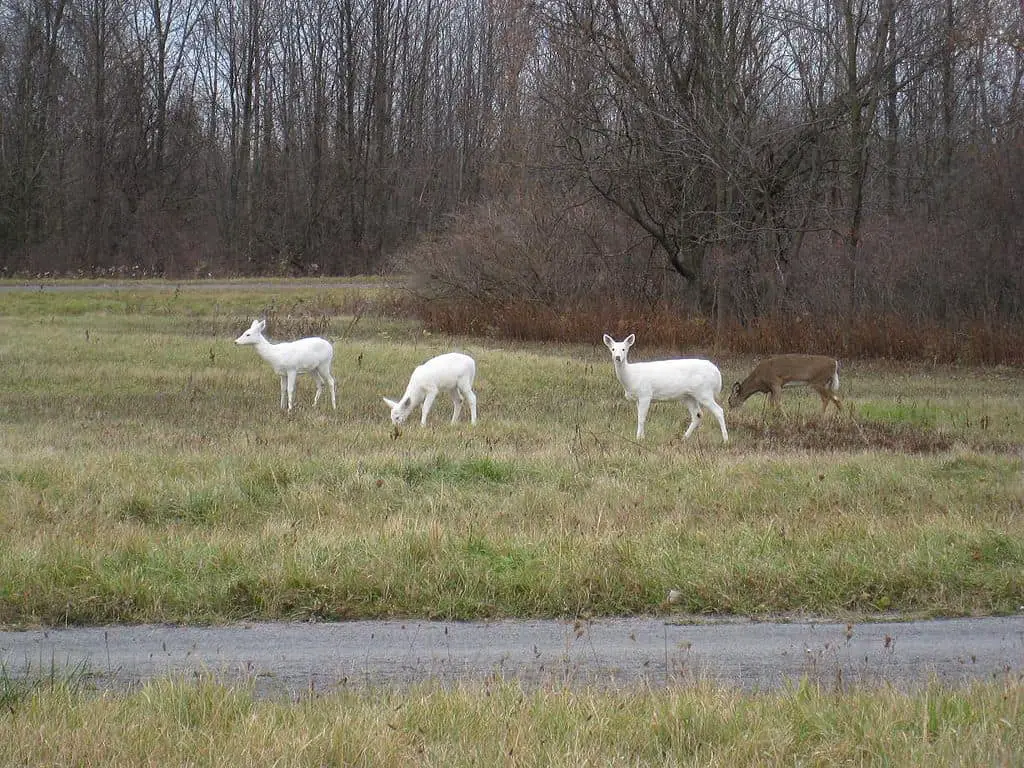
The largest herd of white deer in the world lives on the 10,600-acre Seneca Army Depot. They are not albino but carry a recessive gene that has been able to produce some 300 white-coated deer (of a total 700) thanks to inbreeding caused by a 24-mile perimeter fence that has isolated the population. Tours are available through Deer Haven Park.
Seneca Falls
Seneca Falls Convention
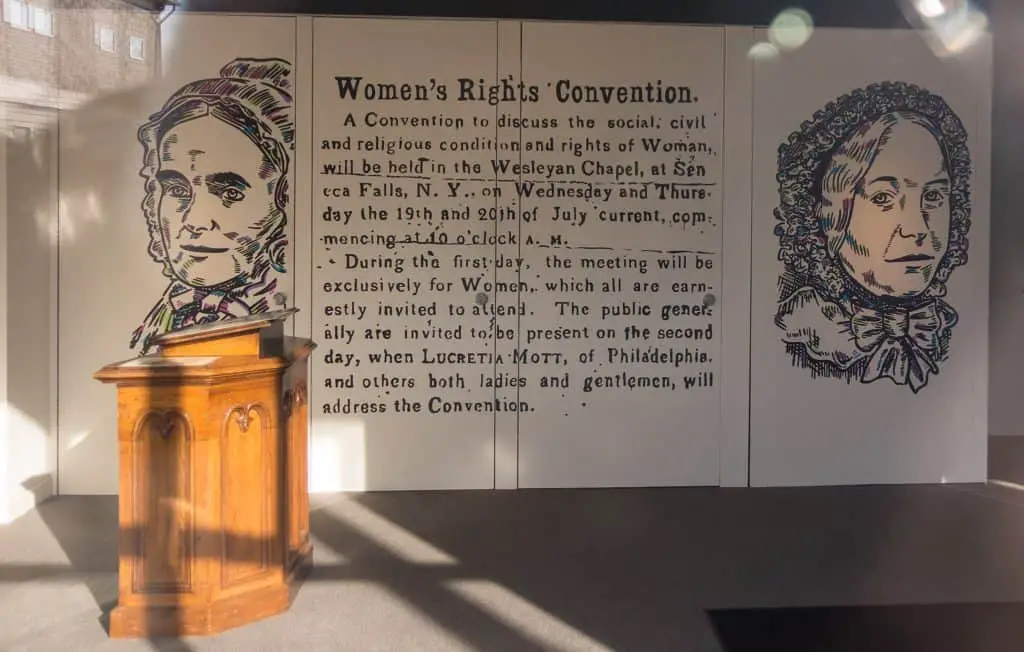
The Seneca Falls Convention (or Woman’s Rights Convention) of July 1848 launched the women’s suffrage movement. Some 300 people showed up to the event whose leadership included Elizabeth Cady Stanton, Lucretia Mott, Mary M’Clintock, Martha Coffin Wright, and Jane Hunt. Given this history, it makes sense that the National Women’s Hall of Fame was created here in 1969.
Waterloo
Birthplace of Memorial Day
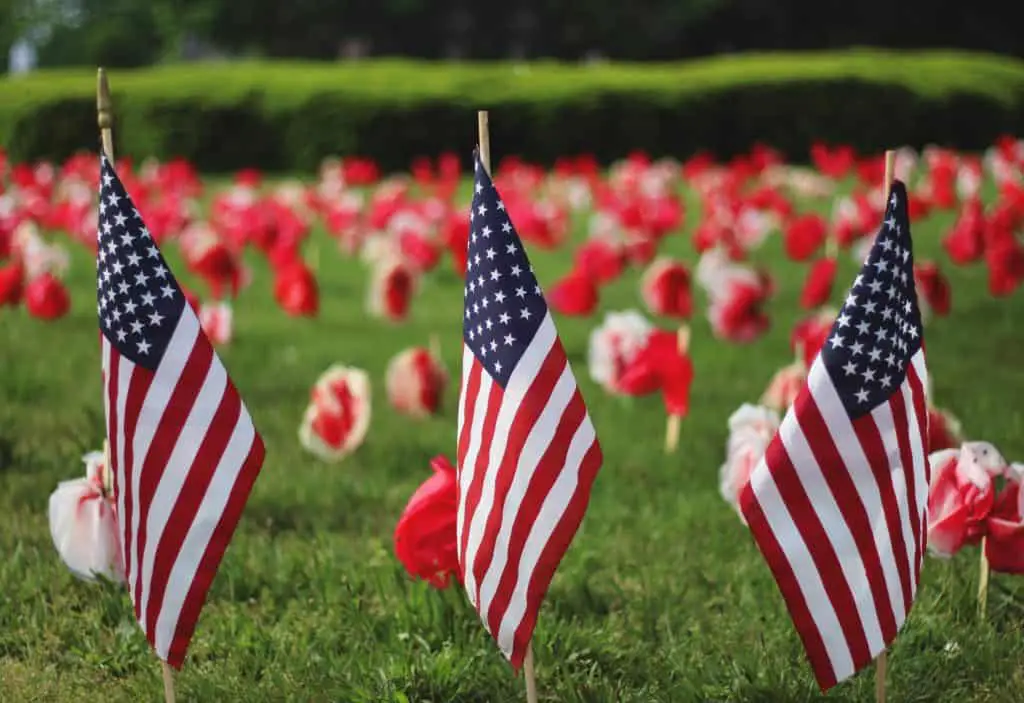
Waterloo was recognized as the Birthplace of Memorial Day by President Lyndon Johnson in 1966. Since 1866, residents of Waterloo have remembered those who have died in service of their country. The tradition began when local druggist Henry C. Welles noticed a lone widow lay flowers on the grave of her deceased husband, a Civil War soldier. He organized the first Memorial Day for the next year.
Tom Coughlin
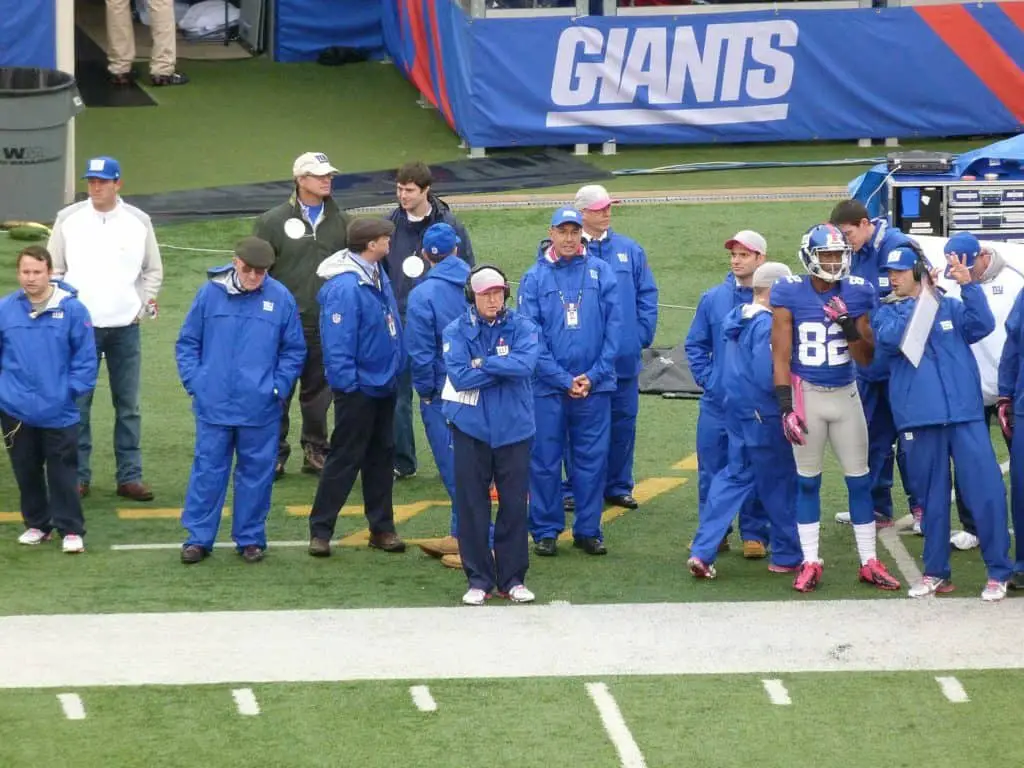
Former American football coach Tom Coughlin was born in Waterloo in 1946. He idolized Ernie Davis (see Elmira fun facts) and attended Syracuse University, where he played for the football team. He later became the head coach for the New York Giants from 2004 to 2015, during which they won Super Bowls XLII and XLVI against the New England Patriots.
M’Clintock House
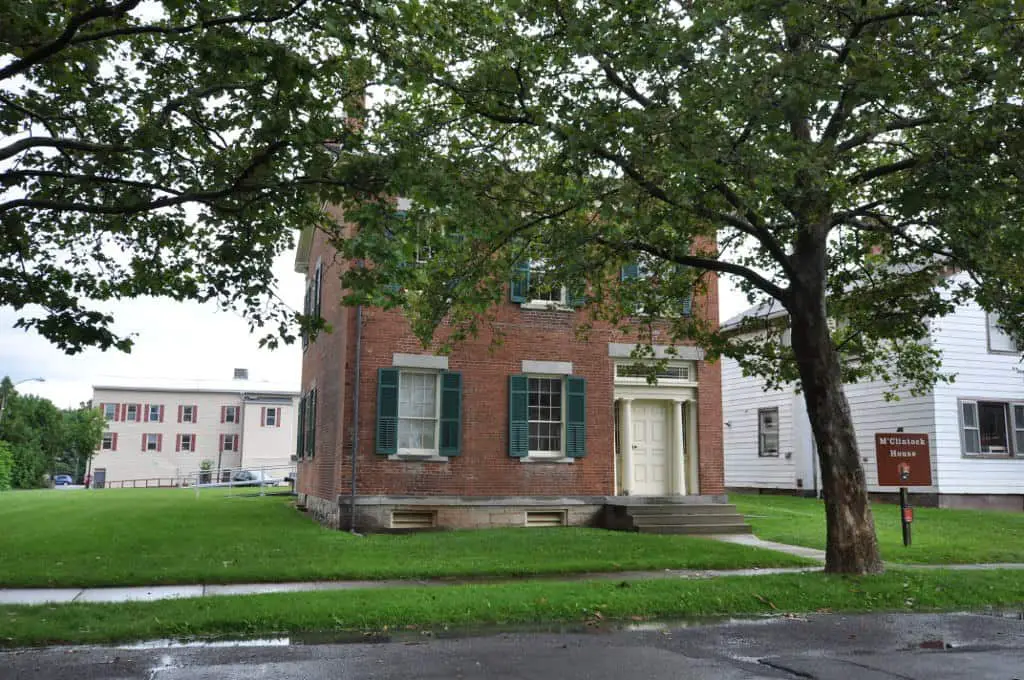
Organizers of the Seneca Falls Convention of 1848 met before the event at the M’Clintock House at 14. E. Williams Street (now part of the Women’s Rights National Historic Park) and drafted the Declaration of Sentiments.
Woodie
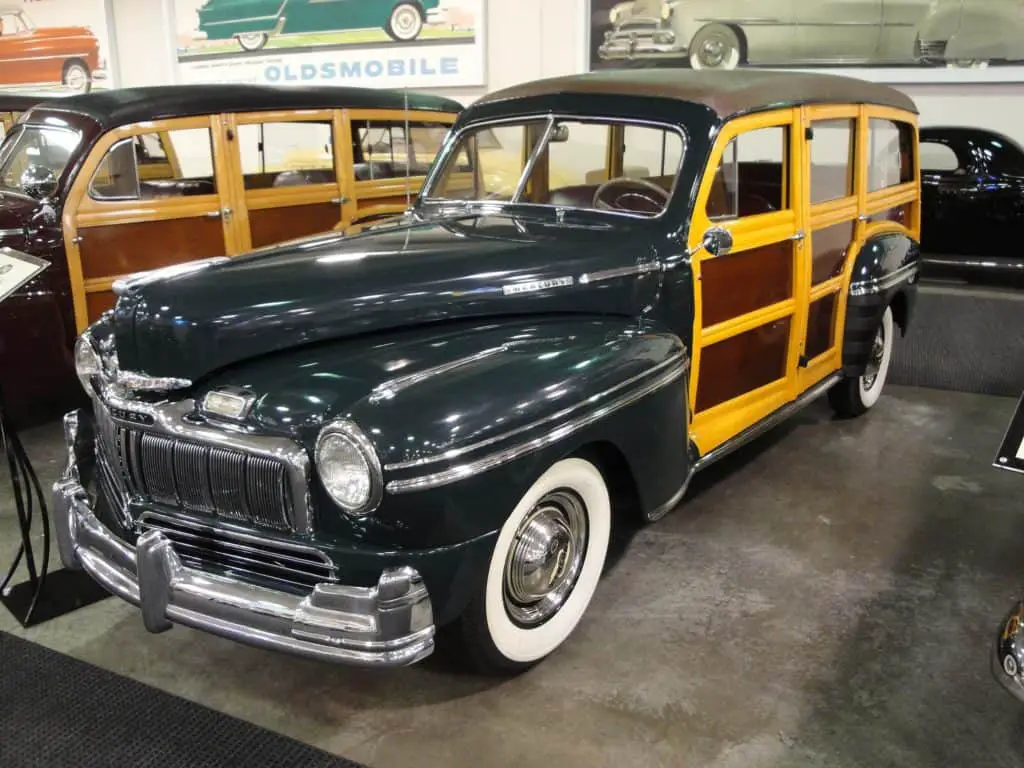
From the 1930s until 1955, “Woodie” station wagons were produced in Waterloo, growing out of a well-known wagon and sleigh company.
PIN THIS POST FOR LATER:
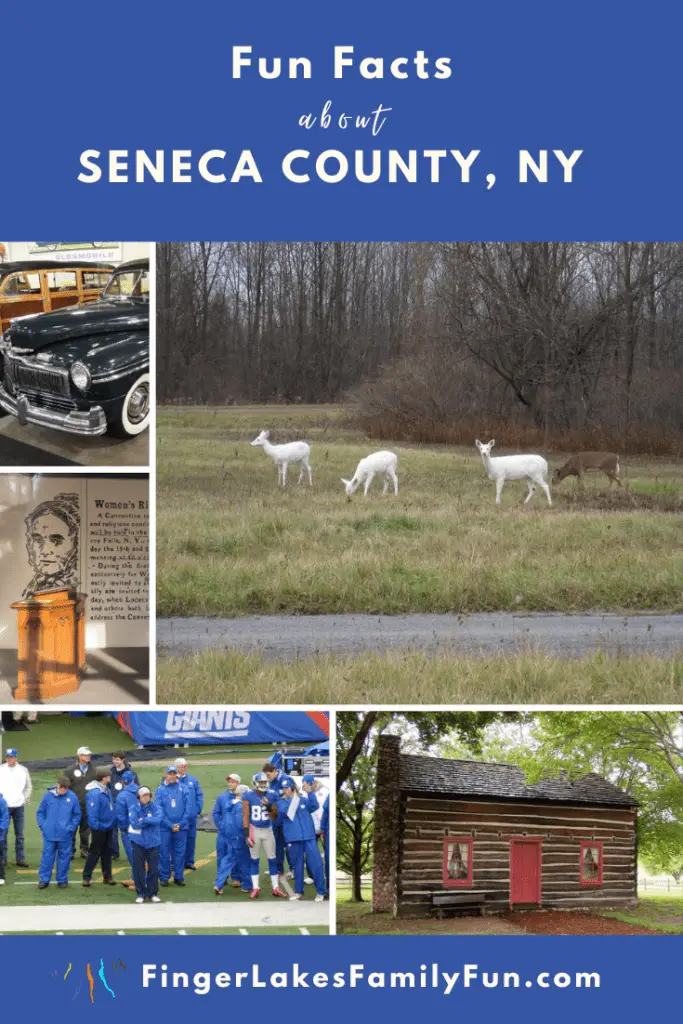

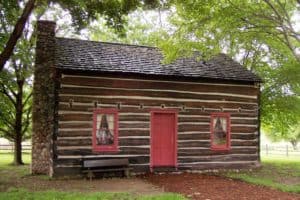
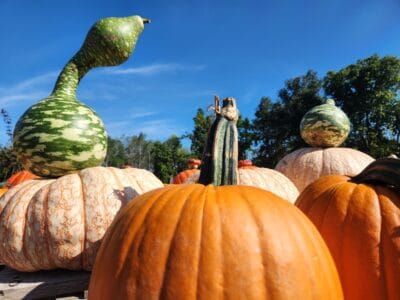





 Schuyler County Fun Facts
Schuyler County Fun Facts
Leave a Reply